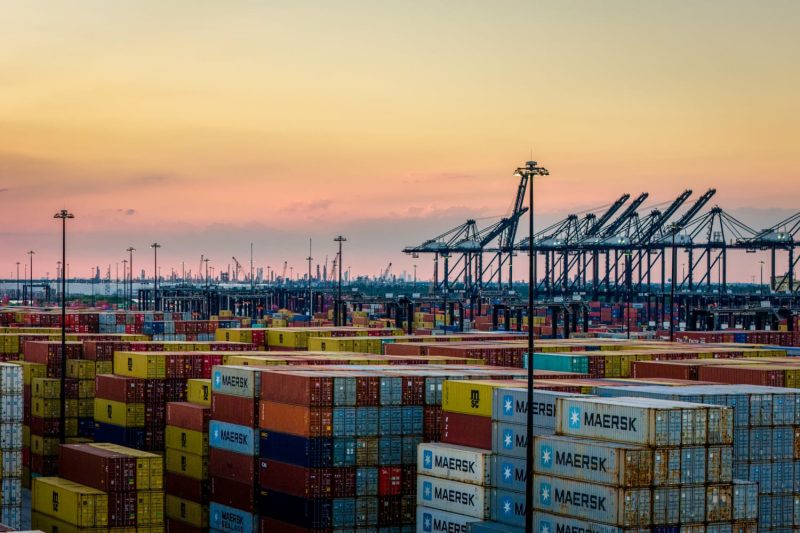There are growing concerns over a potential major maritime strike that could heavily affect ports across the East Coast. The current labor dispute between the International Longshoremen’s Association (ILA) and the United States Maritime Alliance (USMX) is fueling fears of operational disruptions across key seaports if the dispute escalates into workers downing tools.
Both the ILA and USMX have been in ongoing negotiations to try to resolve issues around labor conditions, wage rates, and automation’s impact on jobs. Despite the Federal Mediation and Conciliation Service’s intervention, no significant progress has been reported lately, amplifying the concerns of a deadlock situation and a potential strike.
Such a strike could have significant repercussions for the East Coast’s transportation network. The East Coast ports are crucial for international trade, handling millions of tons of cargo each year. A prolonged strike could cause significant delays and disruptions to supply chains, potentially creating a ripple effect on the global shipping industry. Moreover, the situation could also affect the local economy, affecting jobs and businesses directly and indirectly related to maritime operations.
The country’s retail sector is particularly at risk. With the ever-increasing boom in online shopping, the pressure on the shipping industry to deliver goods on time is higher than ever. Delays could lead to stock shortages and hamper overall business productivity.
While hope remains for a resolution through further negotiations, there is a pressing need for contingency planning. Importers, exporters, and freight companies must consider alternative transportation solutions to avoid disruptions. Additionally, the industry overall might have to advocate for changes in labor relations trends in the maritime domain to bypass similar issues in the future.
Despite the potential severity of this situation, the clock is still ticking on these negotiations, and industry stakeholders are keenly watching the developments.







